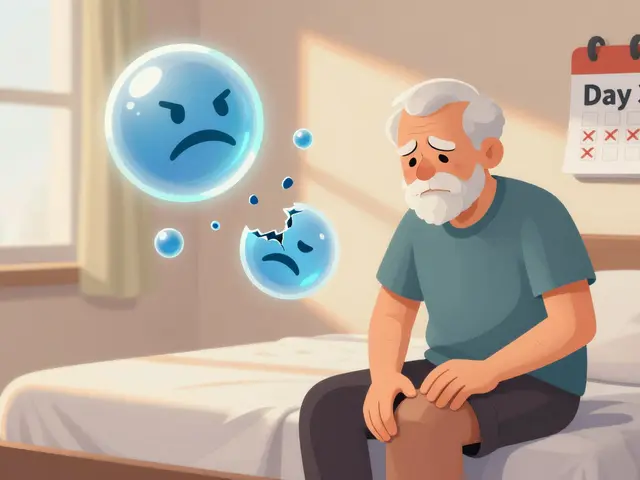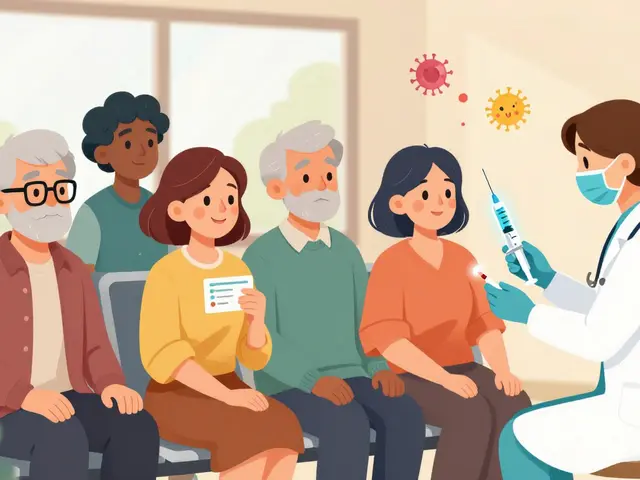Chlamydia: Fast Facts and How to Handle It
Chlamydia is one of the most common sexually transmitted infections out there. What makes it tricky is that many people don't show any symptoms, so they might not even realize they have it. This makes getting tested really important if you’re sexually active, especially with new or multiple partners.
The infection usually affects the genital area, but it can also infect the throat and eyes if exposed. When symptoms do appear, they might include pain during urination, unusual discharge, or discomfort in the lower belly. But again, many people feel fine which is why regular testing is a smart move.
How Chlamydia Is Treated
The good news is that Chlamydia is easy to treat with a short course of antibiotics. Your doctor might prescribe pills like azithromycin or doxycycline, which work well to clear the infection. It’s important to take all your medicine exactly as prescribed, even if you start feeling better quickly. Also, both you and your sexual partner should get treated at the same time to avoid passing it back and forth.
During treatment, avoid having sex until your doctor confirms it’s clear. If left untreated, Chlamydia can lead to serious issues like pelvic inflammatory disease or infertility, so taking it seriously matters.
Preventing Chlamydia
Prevention mainly boils down to safe sex practices. Using condoms consistently and correctly is one of the best ways to cut your risk. Also, keeping open communication with partners about sexual health and getting regular STI screenings can make a big difference.
Remember, Chlamydia isn't a reflection on your character or choices. It’s a common infection, but it doesn't have to cause long-term problems if caught and treated early. If you think you might be at risk or notice any symptoms, don't hesitate to get checked. Your health is worth protecting.
Long-term Effects of Untreated Chlamydia: Vital Facts You Need to Know
Untreated chlamydia can lead to serious health complications, affecting not only the reproductive system but other parts of the body. This article explores the long-term consequences of leaving chlamydia untreated, shedding light on symptoms, risks, preventive measures, and tips for managing the infection effectively. Awareness and early treatment are crucial to avoid permanent damage.






